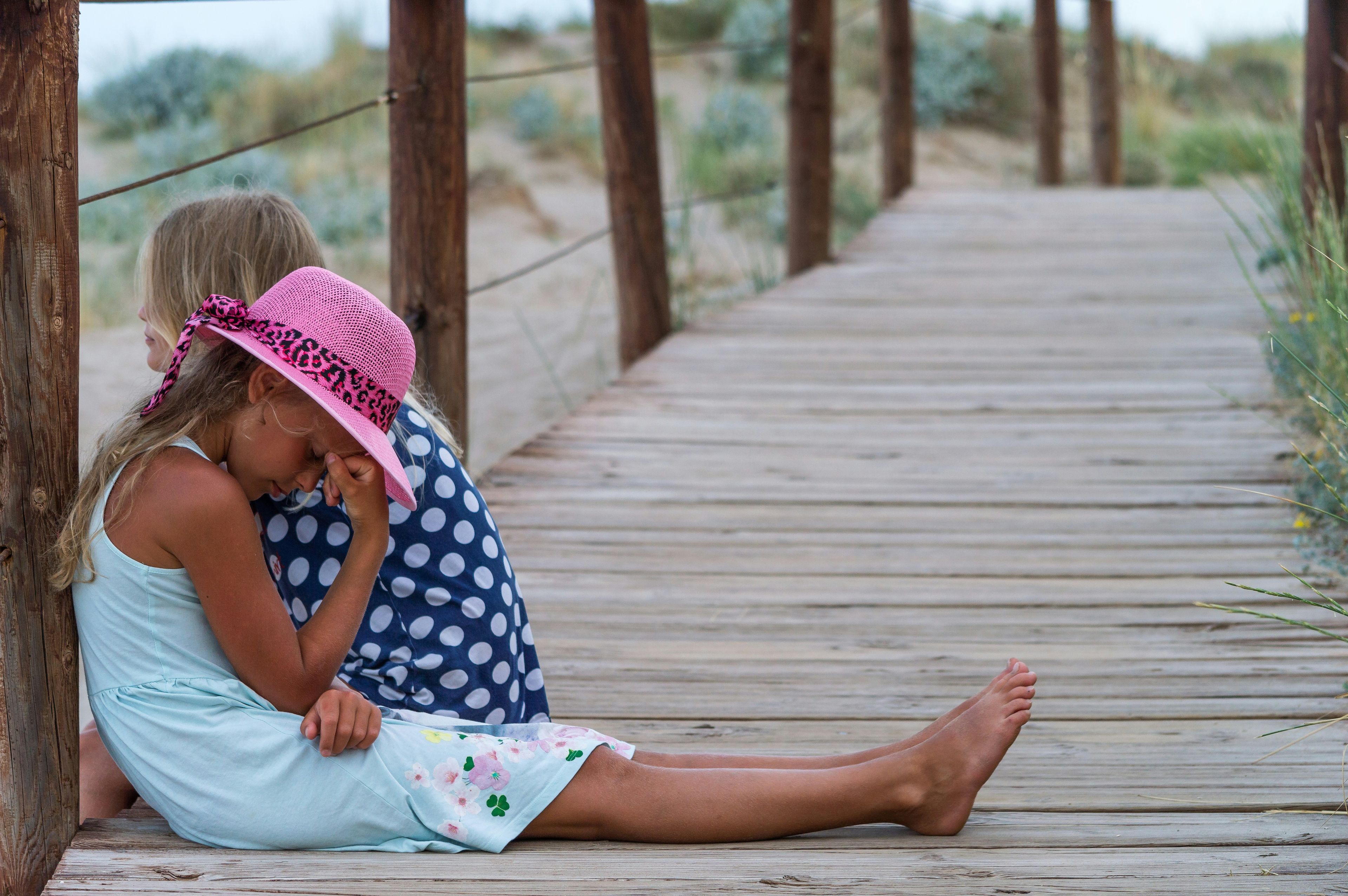No One Will Love You Like Your Family (And Sometimes That's A Good Thing)
If you grew up in a home where your family’s love didn’t really feel like love at all, there are a few things I want you to know.
“No one will love you like your family.”
It’s a line you’ve heard over and over. From a young age, you are conditioned to believe that your family’s love is unconditional and unique. There is no other love like it out there. It cannot be replicated or replaced.
This saying has remained steadfast over time, and variations of it appear in many cultures, literature, and oral traditions. It underscores the timeless nature of the bond and loyalty that families often share, giving us a sense of continuity and tradition.
But what happens when your family’s “love” feels less like love and more like hate? What happens when the love you received from your family wasn’t love at all?
For some of you, no one will show you love like your family did, and that’s a good thing.
If you grew up in a home where your family’s love didn’t really feel like love at all, there are a few things I want you to know.

People who grew up in abusive homes often carry a heavy emotional burden. Here are some key things they need to know:
It's Not Your Fault.
Abuse is never the fault of the person being mistreated. Children and those who grew up in abusive environments often internalize the belief that they somehow caused the abuse or deserved it, but this is not true. The responsibility lies solely with the abuser.
Your Feelings Are Valid.
It’s normal to have a wide range of feelings about what happened – anger, sadness, confusion, even guilt. Whatever you're feeling, it's a valid response to your experiences. It’s normal to wish your family could show you the love you were promised.
Abuse Distorts Your Self-Perception
Growing up in an abusive environment can shape the way you see yourself. It may have led to feelings of worthlessness or self-doubt. Remember, the abuse conditioned those thoughts, and they don't reflect your true worth or value. You are good at your core, and you will learn that as you get time and space from the people and environments that harmed you.
It’s Okay to Set Boundaries
You have the right to set boundaries with family members or others who may try to continue harmful behaviors. You are not required to give every family member access to your life, especially if they are toxic or damaging to your well-being. You can decide what you want to share and what needs to be kept private.
Love Can Be Healthy
Love is not supposed to be abusive, controlling, or fear-inducing. Healthy love involves respect, safety, support, and kindness. It can be challenging to identify what healthy relationships look like if you've only known abuse, but it’s possible to learn. The more time you spend with people who can model this type of love, the better you will understand this reality. You must retrain your brain and nervous system to accept and expect love from trustworthy people.
Healing Takes Time
The scars of an abusive upbringing can take time to heal. Be patient and compassionate with yourself as you navigate your healing process. Healing isn’t linear, and it’s okay to have setbacks. You will have moments where you miss family members and may put yourself back in harmful situations. This is a normal part of the process.
Seeking Help is a Sign of Strength
It's okay to ask for help through therapy, support groups like Calling Home, or trusted friends. Healing from an abusive past is difficult to do alone. There are professionals trained to help you work through trauma and build healthy coping mechanisms.
You Deserve to Be Treated with Respect
No one deserves to be treated poorly. You deserve kindness, compassion, and respect in all your relationships. The way you were treated growing up is not a measure of your value. They do not get to decide who you are.
You Can Create Your Own Path
Your upbringing does not define your future. You have the power to break the cycle of abuse and create a life and relationships that reflect your values and self-worth. You’re doing that right now.
It’s Okay to Let Go
Letting go of harmful family relationships can be difficult due to societal pressure to "honor" family. It's okay to distance yourself from people, even family, if they continue to harm you.
Forgiveness is Personal
You don’t have to forgive an abuser to heal. Forgiveness is a personal choice, and healing is more about processing your own emotions and experiences than about excusing harmful behavior.
You Are Not Alone
Many people have similar experiences, and connecting with others who understand what you’ve been through can be powerful and validating. Many of you do that in our weekly groups at Calling Home.
And remember, family love isn’t supposed to hurt.